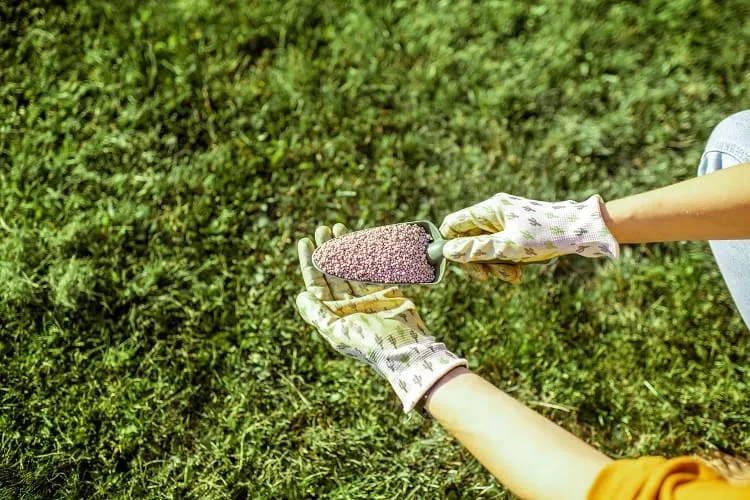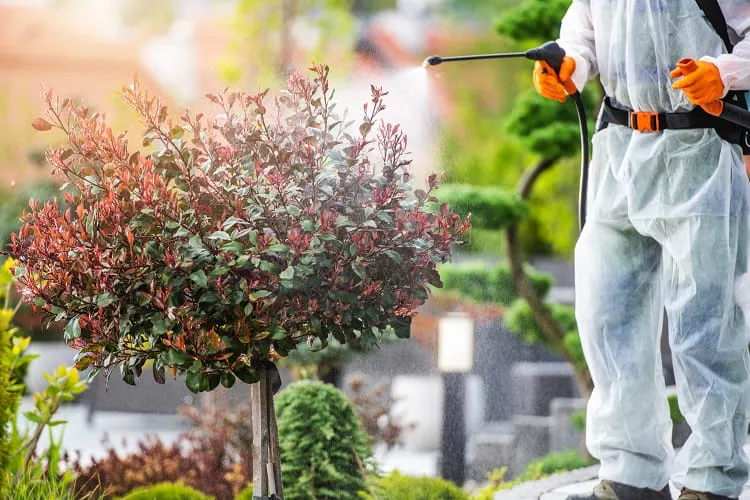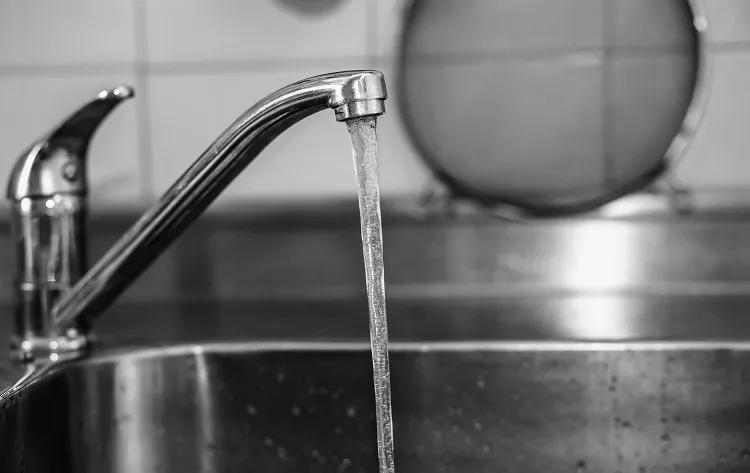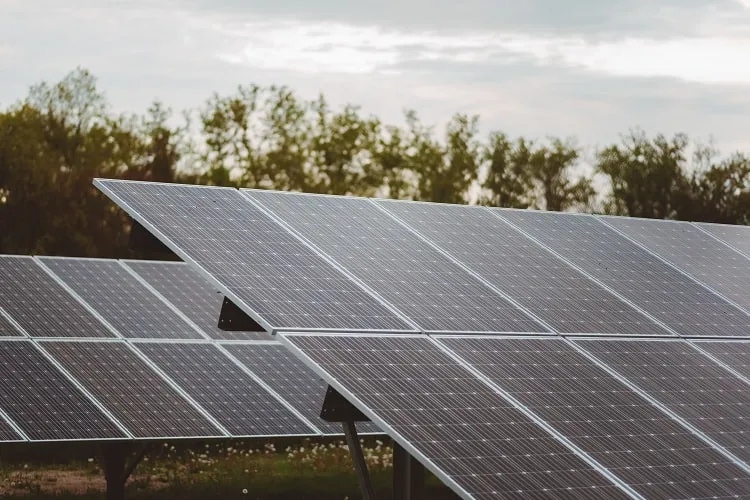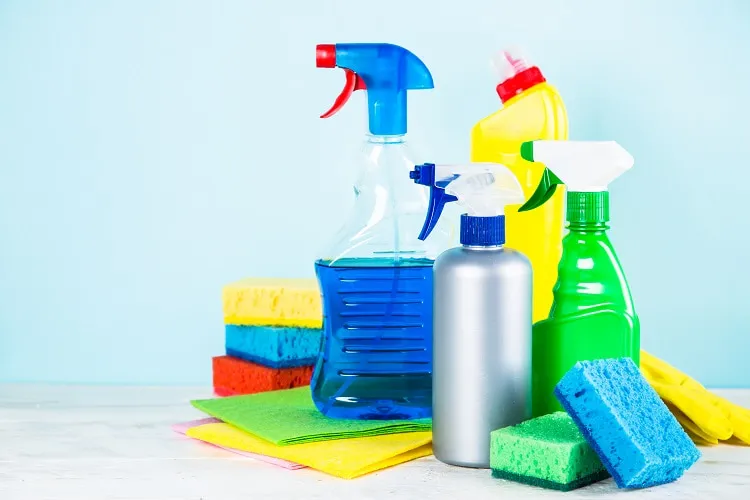Water pollution occurs when contaminants such as chemicals, toxic materials, and other hazardous substances enter our water supply. It is a growing problem that affects the health of both human and animal life, as well as our natural environment. Unfortunately, this type of pollution can have devastating effects on our ecosystems – from destroying aquatic habitats to leading to the extinction of certain species. But what can we do to help reduce water pollution? Here are 10 simple ways to keep your water supply clean and prevent waste!
Reduce water pollution: Less fertilizer
The first way you can reduce water pollution is by limiting your fertilizer usage. Excessive amounts of fertilizer can quickly contaminate water supplies, resulting in the formation of algae blooms. Algae blooms deplete oxygen levels, which create “dead zones” and pose significant health risks to humans and wildlife. To help reduce water pollution caused by this run-off, experts recommend using manure instead of synthetic fertilizers.
Try to minimize your reliance on plastic
Everybody knows that plastics are one of the major contributors to water pollution, but do you know why? It’s because of their propensity to break down into microplastics. These invisible fragments travel through waterways, disrupting the health and ecosystem of aquatic animals and marine life populations alike. Reducing your household and workplace use of plastic is an easy way to reduce water pollution. Try choosing reusable items wherever possible, such as metal straws, bags, and other sustainable items instead.
Reduce water pollution: Pesticides control
Another way to reduce water pollution is by using fewer pesticides. Pesticides are widely used throughout many agricultural areas, but their impact on water supplies can be catastrophic. The chemical content in most pesticides will frequently leak into surface and groundwater after use, leading to contamination and ecological issues. By using non-toxic and minimal pesticide application techniques, you can minimize polluting surrounding waters.
Practice how to properly dispose waste
Improper dispose of solid and hazardous wastes can ultimately find its way into lakes, streams and rivers, contaminating water supplies with harmful pollutants. To help prevent this, it’s vital to practice proper and responsible waste disposal, by getting rid of all materials responsibly and recycling whenever possible. As an example, items such as solvents, batteries, and paint, should never be thrown in the regular rubbish. Instead, you should contact your local waste management facilities to empty, transport, and properly dispose of them.
Reduce water pollution: No water misuse
A very simple way to reduce water pollution is by limiting unnecessary water use. Water misuse is detrimental to global conservation efforts. There are many simple ways you can make a difference, such as fixing leaking taps and toilets, taking shorter showers, installing low-flow shower heads and toilets, as well as using non-petroleum based car cleaners. Don’t leave the water running, but be mindful whenever you use it. There are even some useful tips on how to reuse your cooking water.
Learn to properly dispose toxic chemicals
The proper disposal of toxic chemicals is super important when it comes to reducing water pollution. Never pour oil, petrol, or other hazardous chemicals down your drain. If this is done, the dangerous fluids will end up at the river. Proper disposal of these pollutants should be completed in designated dumping centres or recycling facilities. Look up for such local buildings where you can drop off the chemicals you want to get rid of.
Reduce water pollution: Natural energy sources
How to reduce water pollution? Consider switching your energy sources to renewables such as solar, wind or geothermal. Extracting energy from natural sources does not require burning fossil fuels, resulting in substantial reductions in air and water pollution. If you can afford to invest in renewable energy, you may even be entitled to tax rebates or subsidies.
How to properly dispose of medication?
You should never flush medicines down the toilet or dump them in ponds or creeks. The drugs tend to accumulate in water, and in fish and other wildlife. Hormones and other compounds end up causing a variety of health problems in fish and birds and contaminate drinking water that people and livestock use. Instead, take them to your community pharmacy and they will take them off your hands. Pharmacies have a practice of disposing expired medication.
Reduce water pollution: Less cleaning products
Unfortunately, many popular household cleaning products contain chemicals that are not biodegradable and can pollute water sources. To avoid this, try switching to natural cleaner options, such as baking soda, cream of tartar, soap, lemon juice, and vinegar. Not only are these remedies eco-friendly, but they will also save you some money.
Participate in water clean-up events
Why not take part in a local water clean-up event? These events are a great way to get hands on and support pollution prevention initiatives. Join beach clean-ups and river clean-ups, which are especially beneficial to their habitats and to the wetlands around your community. You will help reduce water pollution and meat some great people in the process. Fun, right?
Overall, it’s essential to recognize the importance of water pollution prevention strategies and understand the steps we can take in order to reduce it. Everyone can contribute to making a difference, whether it’s by making small changes in our daily lifestyles or actively participating in clean up events. Being educated on the subject and actively advocating for environmental protection is the first step towards a healthier future and a cleaner planet.

